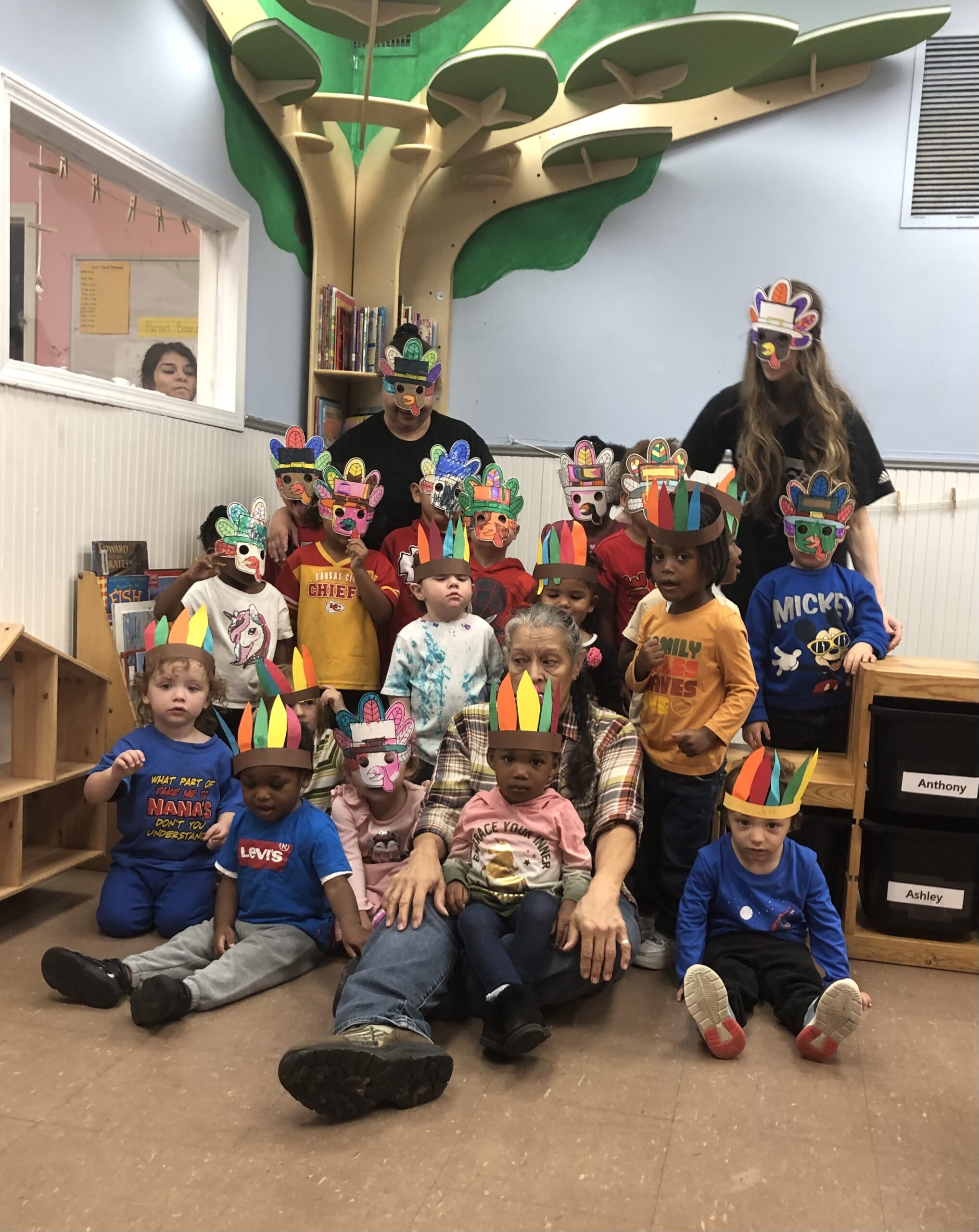By Joe Jarosz
Northeast News
November 5, 2014
KANSAS CITY, Missouri – An area community center is hoping to bring harmony to the Historic Northeast.
The Harmony Project KC is a new outreach program at the Northeast Community Center, which has a long-standing commitment to enriching the lives of children and families in the Northeast. Harmony Project KC, which will begin in January, aims to promote positive development through year-round music instruction and performance for low-income youth, for ages as young as five-years-old to 18-years-old.
Laura Shultz, executive director for the Northeast Community Center, recently hired Carmen Espinosa to lead the new program. Espinosa, the program manager for Harmony Project KC, recently was introduced to Shultz through the program’s founder, Margaret Martin. With training as a classical pianist, Espinosa recently attended Harvard and obtained a Master’s in International Education Policy.
“I thought everything I was doing was at the private level and what I really wanted to do was expand access to music to kids who otherwise would not afford private lessons,” Espinosa said. “While I was in school, Margaret gave a lecture on the Harmony Project. I met her after and she said we need you and I told her this [the Harmony Project] is exactly what I want to do.”
The program was started by Martin in Los Angeles in 2001 as a way to help inner city youth and promote the healthy growth and development of children through the study, practice and performance of music. Martin started with 36 low income students, but has grown over the years to include more than 2,000 with other programs throughout the country. Through the program, it is believed by investing in the positive development of children through music, communities will develop healthier relationships.
“We wanted to help the families and children [of the community] with exposure to things they may not have otherwise,” Shultz said. “So with all the research that’s been done, we got really excited at seeing what early music education does for children in the way of brain changes, learning capabilities and focus.”
The after school and weekend intensive music program for children in the Northeast will first host between 30 and 60 students, with the idea to continually grow the student population over time. Tuition and musical instruments will be free for enrolled students who will meet three times a week, twice during the week and once on Saturday, for music lessons.
“We hope it’s the first of other outreach programs,” Espinosa said.
The lessons during the week will be more personalized to the students’ understanding, whereas Saturday’s lesson will include orchestral and chamber ensemble rehearsals and performances. There will also be field trips for the students to live musical performances. Both Espinosa and Shultz said they’ll commit to their students for their entire childhood, through high school to monitor their musical progression.
When the program begins in January, the students will start with musicianship, where they’ll learn note reading and rhythm and movement. Once they graduate from musicianship, the students will move onto a summer bootcamp program before actually handling instruments next fall. The students will work with violins, violas and cellos, along with choir.
“We hope to expand the types of instruments as the program grows,” Espinosa said.
Once the students start using instruments, they’ll be allowed to take them home with them, as long as they commit to daily practices. Espinosa said they’ll teach the students how to properly take care of the instruments, as well.
Research studying Harmony Project participants in Los Angeles showed: 73% improved academic achievement and 93% of high school seniors graduated in four years and have gone on to college.
Espinosa pointed out that Martin recently said in an interview that, “evidence suggests that music training may literally remodel underprivileged kids’ developing brains in ways that improve their capacity to listen, to focus, to read, and to learn. Prior research has shown that the positive cognitive impact of music training endures throughout the lifespan.”
“The drop-out rate for students who have stayed in the program continues to decrease,” Shultz said. “The research continually comes out proving what we know how it affects children.”
An important aspect of the program, Espinosa said, is children have to remain in school. Shultz said they’ll monitor the students’ grades and, if needed, will provide tutoring to students as well.
“It’ll be full youth development,” Shultz said.
Shultz and Espinosa also continue to develop partnerships with community organizations such as Kansas City Police Department, public and charter schools in the Northeast. Shultz added they’ve received great initial reception from area schools and from members of the Latino community.
“This is as much an anti-crime program as it is a music program,” Shultz said.
The Northeast Community Center will host two open houses to highlight the upcoming Harmony Project. The first will take place from 6 – 7:30 p.m. Wednesday, Nov. 5th at the community center, 544 Wabash Ave. The second open house will take place from 10 – 11:30 a.m. Saturday, Nov. 15, also at the community center. The open houses include meeting the staff, personalized information from staff, games, refreshments and small musical performances. If you plan to attend either open house, please RSVP by calling 816-231-7738. For more information, visit www.harmonyproject.org.



















